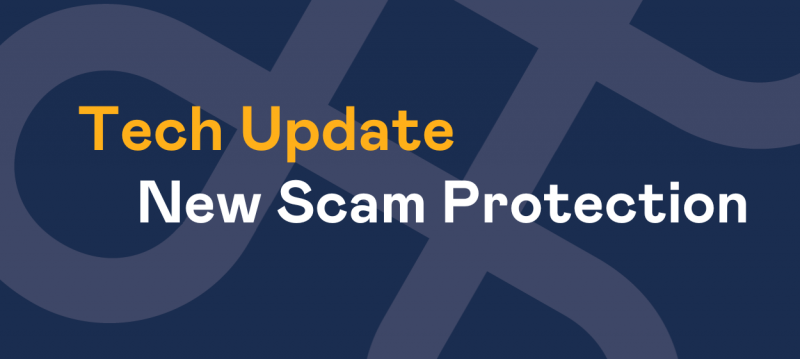Unfortunately fraudsters are using the corona-virus outbreak as an opportunity to attempt a variety of different scams and cyber-crime.
With remote working commonplace for people at this time, it’s key to remember that anywhere staff may work will become an extension of your workplace and that security needs to be maintained at the same level.
It is especially important for employees to be aware of some of the dangers which people are exploiting with the spread of the virus in order to facilitate different types of fraud and cyber-crime.
Employees therefore should be continually reminded of the risks of both and what measures they can take in order to work from home safely and securely.
- Invoice Redirection: Fraudsters can pose as a creditor or a supplier and that their company’s bank details have changed due to the coronavirus outbreak. The communication will ask people to make all new payments to a new sort code and account number.
- Email fraud ‘Phishing’: Fraudsters are sending out coronavirus themed phishing emails to trick people into open malicious attachments or revealing sensitive personal data and financial details. For example, these can be emails which will claim to be from medical or government research organisations.
- Phone fraud ‘vishing’: Vishing is fraudulent contact made by phone. Be alert to bogus calls linked to the coronavirus as these could be from fraudsters who are claiming they are from the bank, the police, an IT company or an official health organisation.
- Bogus boss ‘email spoofing’: Bogus emails are sent to staff members of a company claiming to be from a senior member of management within an organisation. This can be positions such as a director or CEO requesting urgent payment. They will often say that the payment is needed for urgent cleaning or medical supplies in order to counter the coronavirus and need to be available immediately.
So please make sure you are vigilant and if you have any worries about an suspicious email in particular, don’t open it and contact us at Affinity on 0114 362 7000 option 1.



